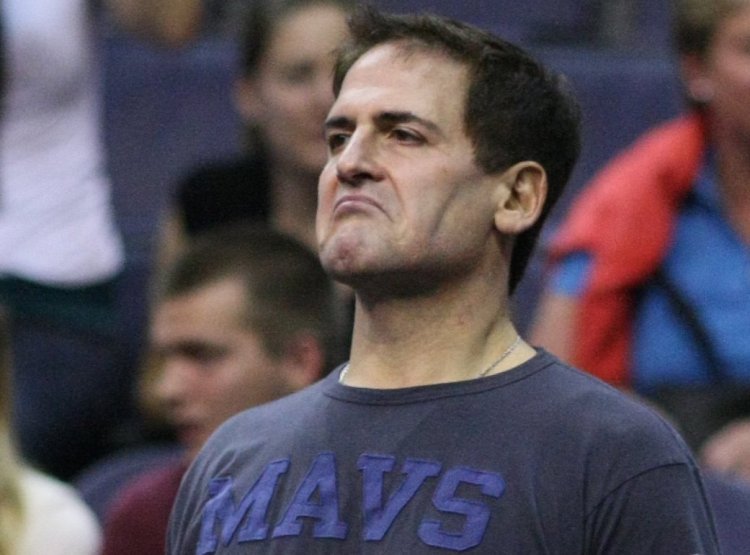After publishing my recent statement of support for the vague but indispensable notion of “net neutrality,” I heard from entrepreneur and Dallas Mavericks owner Mark Cuban, who disagrees strongly.
Here’s a lightly edited version of our exchange.
First, Cuban fired off with a couple key questions about my net neutrality position:
Whose principles of equal access will they be?
And what will they be in 3 years or 10 years when the technology is different?
And ask your author who lived in France what his taxes were and what it was like to try to start an Internet company?
There are some tradeoffs…
I responded by writing that there are tradeoffs to be sure, and lots of questions. And, as I wrote, I don’t think the current regulatory framework is especially well suited to answering them.
But I don’t think giving telcos carte blanche is the answer either.
Also, I added that France is not as bad for startups as many people think it is. I visited there earlier this year and was impressed with the richness of the entrepreneurial climate in Paris. It’s no Silicon Valley. But it’s not horrible either.
Cuban responded:
How can you regulate businesses about what they might do? The law of unintended consequences creates far more downside risk than playing Minority Report and thinking you can see the future and stop it before it happens. Which is what net neutrality seems to be trying to do.
On the flip side, if the networks screw it up, great. Nail ’em. But they haven’t screwed up anything or anyone yet.
There has never been a better time to start a business on the net.
As far as France, it’s horrible. Try firing someone. Look at the tax bills. Everything is subsidized by those who can actually create businesses.
I’m no free-market right winger. There are times and places for government intervention. [For instance,] Obamacare to keep people from dying and to provide health care.
But you don’t regulate because you are afraid of what “carte blanche” means to you.
Chris O’Brien, the VentureBeat author who is now living in France and loving his fast, cheap broadband, adds this note:
France can be oddly schizo when it comes to business and technology. In some ways, many of them cultural and regulatory, the French have a deeper love and excitement for technology than people in the U.S. And the French government is making a big push in this regard. But at the same time, it’s still extraordinary how much official business gets done by paper here. When I cancelled my Orange ISP account, I had to WRITE THEM A LETTER! ON PAPER!
It took us three months to get our ATM cards from our bank. And yes, the bureaucracy here is atrocious.
At the same time, I’ve visited three startup accelerators in Toulouse since I’ve been here.
Entrepreneurs are doing what they do, which is finding ways around the hurdles and making things happen.
I’d like to give Cuban the last word here. I invited him to contribute a guest post to VentureBeat as a rebuttal to my column, which he politely refused, saying that he’d rather publish something on his own blog. And, indeed, that’s what he did: See Cuban’s post My Conversation with Business Insider about Net Neutrality.
VentureBeat's mission is to be a digital town square for technical decision-makers to gain knowledge about transformative enterprise technology and transact. Learn More

